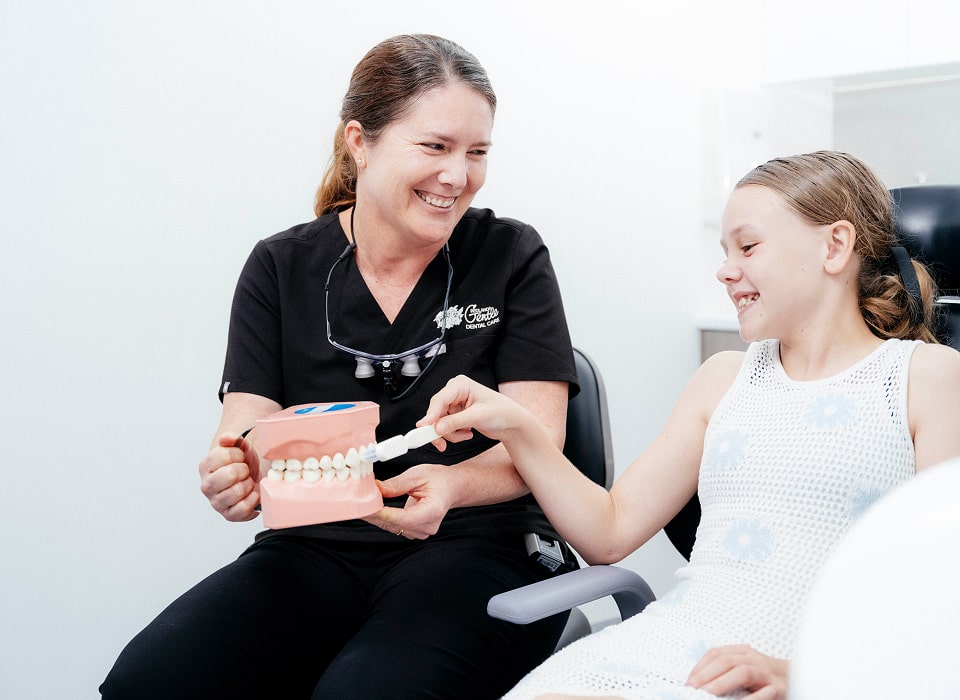Gentle Dental Care Provided by Your Family-Friendly Dentist in Sheldon
Why Choose Redlands Gentle Dental Care
Trusted Dental Care of Sheldon Residents for Over 40 Years

Accredited Dental Clinic for
Reliable Patient Care
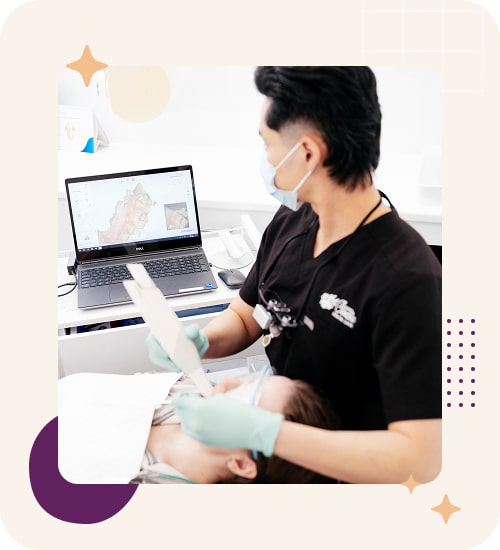
State-of-the-Art Technology Enhancing Precision and Comfort in Dental Care
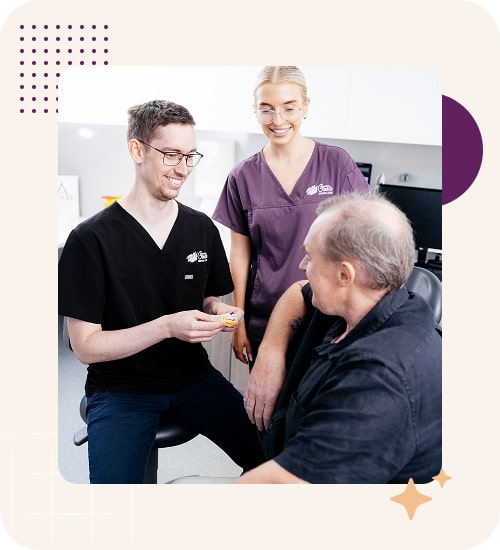
40 Years of Dedicated Service
and Building Healthy Smiles
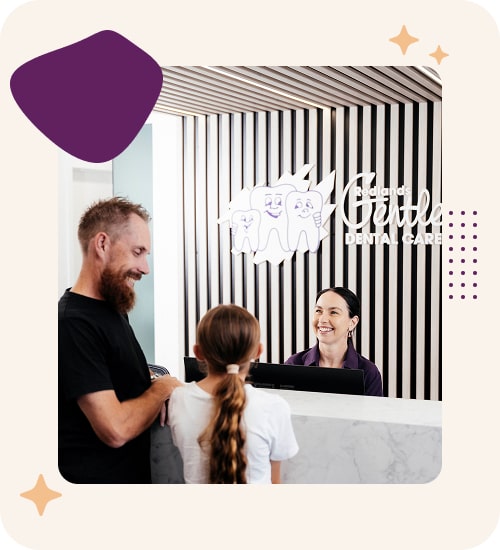
Accessible Payment Plans
and Transparent Pricing
Patient Reviews
Read Patient Testimonials About Their Experience with Our Gentle Dental Care
Megan M
Courtney
Megan Dickie
Sam Arthy
Janette P
Megan M
Courtney
Megan Dickie
Sam Arthy
Janette P
Stephen Travers
Jan Zielinski
Tom McEwan
Sonja Stevens
Moea Barber
Stephen Travers
Jan Zielinski
Tom McEwan
Sonja Stevens
Moea Barber
Two Convenient Locations
Quality Dental Services Made Accessible for Families in the Victoria Point and Capalaba Areas
Capalaba Dental Clinic
- (07) 3245 5511
- 149 Old Cleveland Rd Capalaba, QLD, 4157
-
Opening HoursMonday 8:00 AM – 7:00 PMTuesday 8:00 AM – 6:00 PMWednesday 8:00 AM – 5:00 PMThursday 8:00 AM – 5:00 PMFriday 8:00 AM – 5:00 PMSaturday 8:00 AM – 2:00 PMSunday Closed
Victoria Point Dental Clinic
- (07) 3820 7777
- 2/1 Bunker Road, Victoria Point, QLD, 4165
-
Opening HoursMonday 8:00 AM – 5:30 PMTuesday 8:00 AM – 6:30 PMWednesday 8:00 AM – 5:00 PMThursday 8:00 AM – 6:00 PMFriday 8:00 AM – 5:00 PMSaturday 8:00 AM – 2:00 PMSunday Closed
Services Offered
Personalised Dental Care Tailored to Meet Your Unique Smile Needs
Gentle General Dentistry Services for Your Family’s Oral Health

Achieve an Aesthetically Appealing Smile with Modern Cosmetic Dentistry

Advanced Restorative Dentistry to Restore Your Healthy Smile

Long-Lasting Dental Implants for a Confident, Natural-Looking Smile

Emergency Dentist Providing Quick Relief for Dental Pain or Injuries

Overcome Dental Anxiety with Our Relaxing Sedation Dentistry Options

Make Your Dream Smile Possible with Dental Veneers

Straighten Your Teeth Comfortably and Discreetly with Invisalign

The Team
Get to Know The Passionate Dental Team Behind Your Healthy Smile
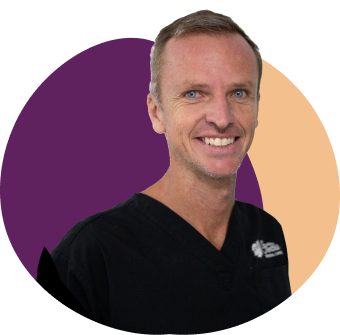
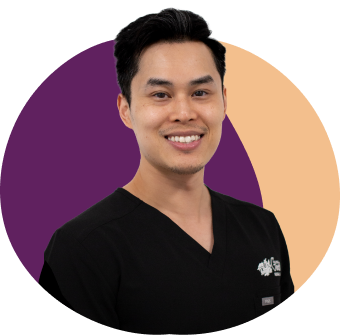
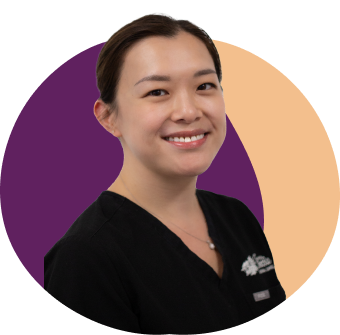
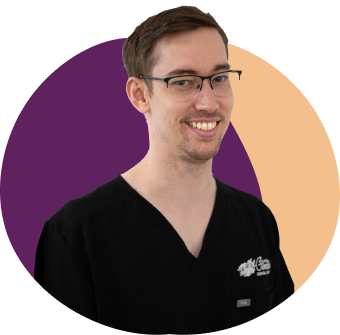

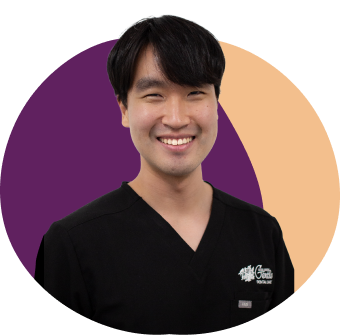
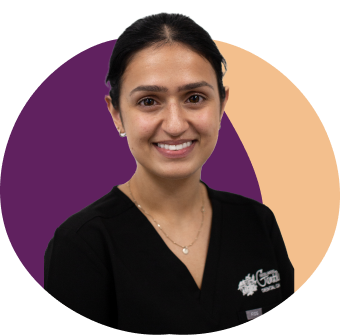
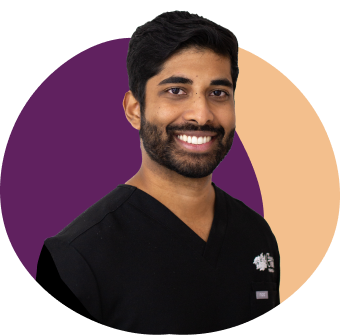
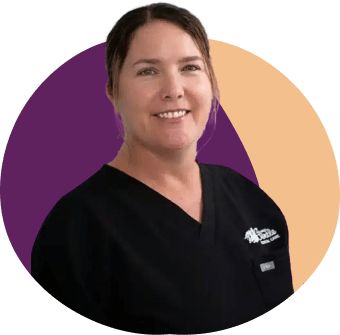

Our Payment Options
Find What Works for Your Financial Needs With Our Dental Payment Options
Child Dental Benefits Schedule
Invest in your child's smile with the Child Dental Benefits Schedule (CDBS). This government program offers eligible families financial support for essential dental services, promoting good oral health habits from an early age.
The CDBS covers up to $1,095 over two years for basic dental care like check-ups, cleanings, and fillings for children aged zero to 17. Eligibility depends on Medicare status and specific government payments, making quality dental care more accessible to families.
Learn MoreDental Services for DVA Card Holders
Veterans deserve high-quality dental care, and the Department of Veterans' Affairs (DVA) program delivers just that. The program offers dental benefits that vary based on card type.
Gold Card holders receive comprehensive cover for clinically necessary treatments, from routine check-ups to advanced procedures. White Card holders are covered for dental care related to accepted service-related conditions or mental health needs. Our clinic proudly supports veterans by providing high-quality dental care to maintain their overall health.
Learn MoreHumm
Simplify your dental care payments with Humm, a flexible financing option that lets you smile now and pay later. This interest-free payment plan allows you to spread the cost of your dental treatments over time, making essential care more accessible.
Humm is available for various dental services, from routine check-ups to more complex procedures. With instant approval and the ability to manage your account online, Humm helps you prioritise your oral health without financial stress.
Learn MoreZip
We offer Zip to help patients manage treatment costs. With credit limits between $1,000 and $50,000, eligible patients can select flexible repayment terms from three to 60 months, making it easier to manage costs.
Zip is ideal for anyone needing dental care without upfront costs. The user-friendly app allows you to track payments easily, so you can stay on budget while prioritising your oral health.
Learn MoreSuperCare
With the help of SuperCare, eligible patients can release their superannuation funds early to access essential dental procedures. This option is suitable for families lacking sufficient health funds or available resources, covering services such as orthodontics, implants, and root canal therapies.
SuperCare's consultants guide you through the straightforward application process, simplifying what can often be complex. This service enables you to prioritise your family's oral health without the burden of upfront costs.
Learn MoreAfterPay
Experience the convenience of dental care with Afterpay, allowing you to receive treatments now and pay later in four easy instalments over six weeks. This payment option is available to anyone over 18, a practical choice for adults looking to enhance and maintain oral health.
With no interest charges when payments are made on time, Afterpay promotes responsible budgeting. Payments are automatically deducted from your linked debit or credit card for a smooth experience.
Learn MoreBupa Preferred Provider
Enjoy exclusive benefits and hassle-free claims when you choose our clinic, a Bupa Preferred Provider, for your dental health needs. Our patients can access a comprehensive range of services, including check-ups and major procedures, often at reduced out-of-pocket costs.
Members First Ultimate also offers 100% back on two dental check-ups and cleans every six months, making regular oral care more affordable. Our partnership with Bupa allows you to receive quality care while maximising your benefits.
Learn MoreHCF Preferred Provider
Experience affordable, high-quality dental care at Redlands Gentle Dental Care. As an HCF preferred provider, patients with eligible dental cover can access reduced out-of-pocket costs, no-gap services for selected treatments, and streamlined claims processing.
HCF members can take advantage of these benefits by choosing our clinic for their dental needs. Check your policy to understand covered treatments and annual limits, and let us help you achieve a healthier, brighter smile.
Learn Morenib Preferred Provider
Access professional dental care at our clinic, a trusted part of nib's First Choice network. As a nib Preferred Provider, we offer members the opportunity to receive quality dental care at agreed rates. This provides a transparent and straightforward experience for your dental needs.
Nib members benefit from reduced out-of-pocket costs and simplified claims processes at our clinic. To make the most of your cover, review your policy for applicable limits and service inclusions.
Learn MoreAnswers To Your Dental Questions
Frequently Asked Questions
What does a dentist do?
A dentist is a healthcare professional who focuses on diagnosing, preventing, and managing oral health issues to promote overall well-being. Dentists perform the following vital responsibilities to help their patients maintain healthy teeth and gums:
- Conducting oral health examinations:
Dentists assess the condition of teeth, gums, and soft tissues to identify problems like cavities or gum disease early. - Diagnosing dental issues:
They use tools such as X-rays and visual inspections to detect hidden issues like impacted teeth or bone loss. - Performing restorative treatments:
Dentists address damaged teeth using fillings, crowns, or other methods to restore function and aesthetics. - Providing preventive care:
They offer professional cleanings, fluoride treatments, and sealants to protect teeth from decay and other major problems in the future. - Educating patients about oral hygiene:
Dentists teach proper brushing, flossing techniques, and dietary habits to help new patients maintain good oral health at home. - Managing gum disease:
They diagnose and manage gum conditions like gingivitis or periodontitis to prevent tooth loss and improve oral health. - Extracting teeth when necessary:
Dentists take out severely damaged or problematic teeth safely while minimising discomfort for the patient. - Offering cosmetic enhancements:
Some dentists provide treatments like teeth whitening or veneers to improve the appearance of patients’ smiles. - Monitoring oral development:
For younger patients, dentists track the growth of teeth and jaws to address alignment issues early if needed.
Dentists contribute significantly to helping people maintain healthy smiles and overall health by addressing oral concerns promptly. Regular visits help catch potential issues early, preventing discomfort and costly treatments in the future.
How often should I go to the dentist?
What is considered a dental emergency?
Dental emergencies require immediate attention to address severe pain, prevent complications, or protect oral health. Common dental emergencies include the following:
- Severe toothache:
This involves intense, persistent pain that does not improve with over-the-counter pain relief. It may signal an infection or abscess requiring urgent care to avoid worsening. - Chipped or broken tooth:
A tooth with visible damage, such as cracks or jagged edges, can cause pain and sensitivity. Immediate attention is necessary to protect the tooth and prevent further structural damage or infection. - Knocked-out tooth:
When a tooth is completely dislodged from its socket due to injury, it is important to act quickly. Prompt dental care increases the likelihood of successfully reattaching the tooth, often within an hour of the incident. - Lost filling or crown:
This leaves the affected tooth exposed and vulnerable to decay or additional damage. Quick replacement helps restore protection and comfort. - Abscess or swelling:
A painful, swollen area in the gums, often accompanied by pus, indicates a serious infection. If ignored, the infection can spread to other areas of the body and lead to severe complications. - Uncontrolled bleeding:
Bleeding from the gums or mouth after an injury or dental procedure that persists despite applying pressure requires urgent care. This could indicate a deeper issue needing professional evaluation.
Recognising these situations as emergencies allows you to act promptly, which can minimise complications and preserve your oral health. Always contact your dentist in Sheldon immediately if you experience any of these issues for appropriate guidance and care.
How much does a tooth filling cost?
The cost of a tooth filling varies based on the type of filling and its complexity. Here are the types of fillings and their associated costs:
- Simple filling (up to $275):
This involves addressing minor cavities or damage and is generally quicker and less complex. It is suitable for smaller issues that require minimal material and effort. - Complex filling (up to $475):
This is used for larger cavities or more extensive damage, often requiring additional time and precision. It addresses more significant tooth decay or structural issues, making it a more involved procedure.
The type of filling you need will depend on the size and severity of the cavity or damage to the tooth. A consultation with your dentist will help determine the most appropriate option based on your dental needs.
Is dental care covered by Medicare?
How can I improve my teeth if I don't have money?
If you don’t have money for dental services, there are several avenues you can explore to improve your teeth. Here are some options to help you access affordable or free dental care:
- Dental schools:
Dental schools often provide low-cost or free services as part of their training programs. Procedures are performed under the supervision of licensed professionals, providing safe and effective care. - Public dental clinics:
These clinics offer subsidised dental care for eligible people, such as those with concession cards, providing essential treatments at reduced costs. - Community health centres:
Many community health centres include dental services on a sliding fee scale based on income, offering affordable options for exams, cleanings, and more. - Charitable organisations:
Some charities and non-profits organise free dental clinics or programs for people in need. These events often focus on basic procedures like fillings or extractions. - Government assistance programs:
Certain government initiatives provide free or subsidised dental care for specific groups, such as children or low-income families. - Payment plans or in-house savings programs:
Some dental clinics offer flexible payment plans or membership programs that reduce costs for routine care and treatments over time.
Exploring these resources can make necessary dental care for the whole family more accessible, even when finances are tight. Taking advantage of available programs and services helps maintain your oral health without significant financial strain.
What are some ways to enhance my dental care routine at home?
Here are some effective methods to elevate your oral health care:
- Use a water flosser:
A water flosser uses a stream of pulsating water to clean between teeth and along the gum line. It effectively dislodges food particles and reduces plaque, especially in areas that are difficult to reach with traditional floss. - Incorporate interdental brushes:
These small brushes are designed to clean between teeth where regular floss might not reach. They are particularly useful for people with braces or wider gaps between teeth, providing a more thorough cleaning. - Try oil pulling:
Swishing coconut or sesame oil in your mouth for 15-20 minutes can help reduce bacteria and improve gum health. This ancient practice may also aid in naturally whitening teeth and promoting overall oral hygiene. - Use a tongue scraper:
A tongue scraper helps clean the surface of your tongue by clearing away bacteria and debris. This practice can improve breath freshness and enhance overall oral hygiene when used daily after brushing. - Integrate oral probiotics:
Oral probiotics help balance the bacteria in your mouth, reducing bad breath and the risk of gum disease. They can be taken as supplements or found in certain yoghurts, supporting a healthier oral environment.
By adopting these advanced techniques, you can significantly improve your dental care routine at home. Consistent use of these methods will lead to noticeable improvements in your oral health and overall well-being.
How can I book an appointment?
